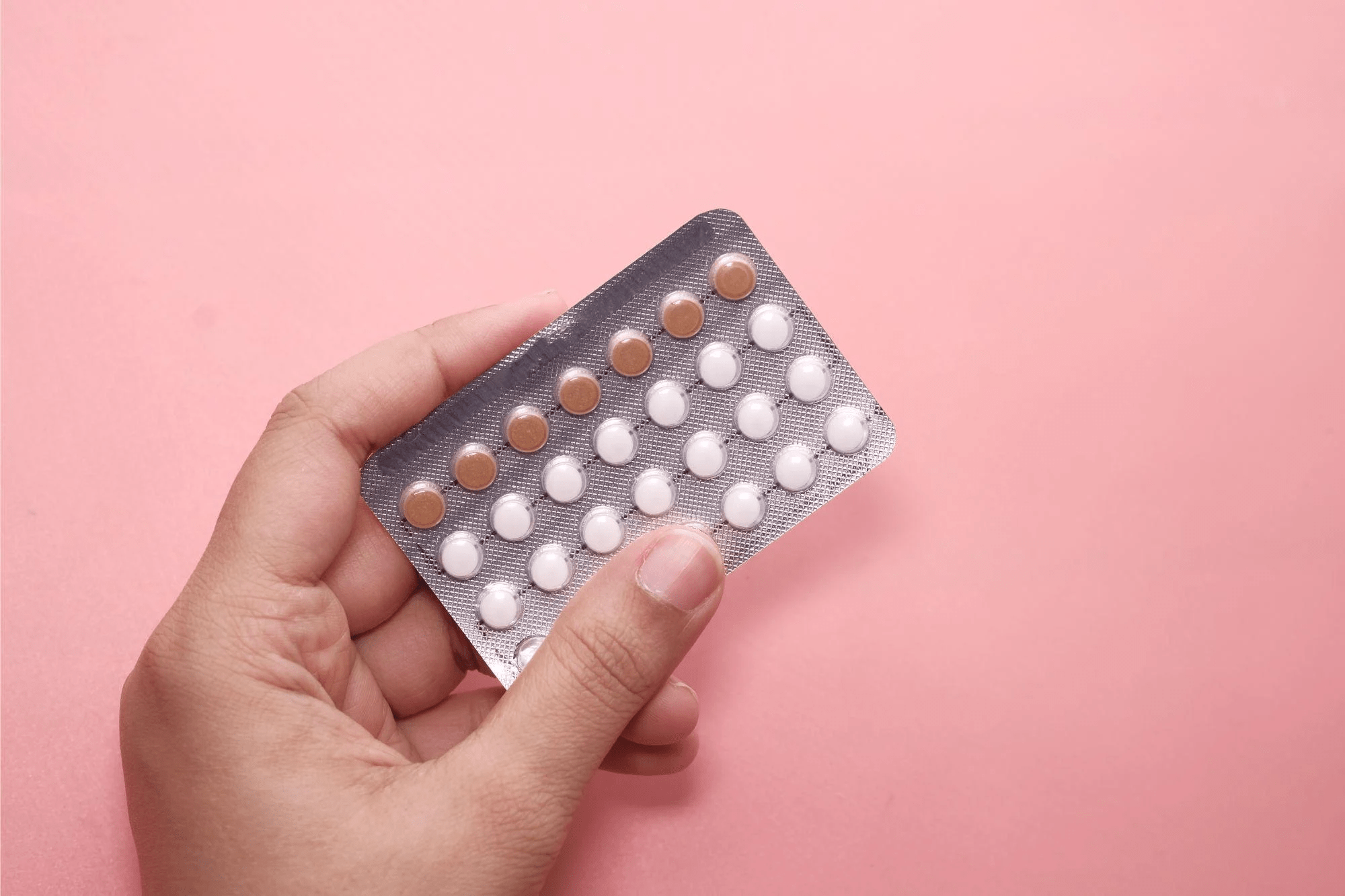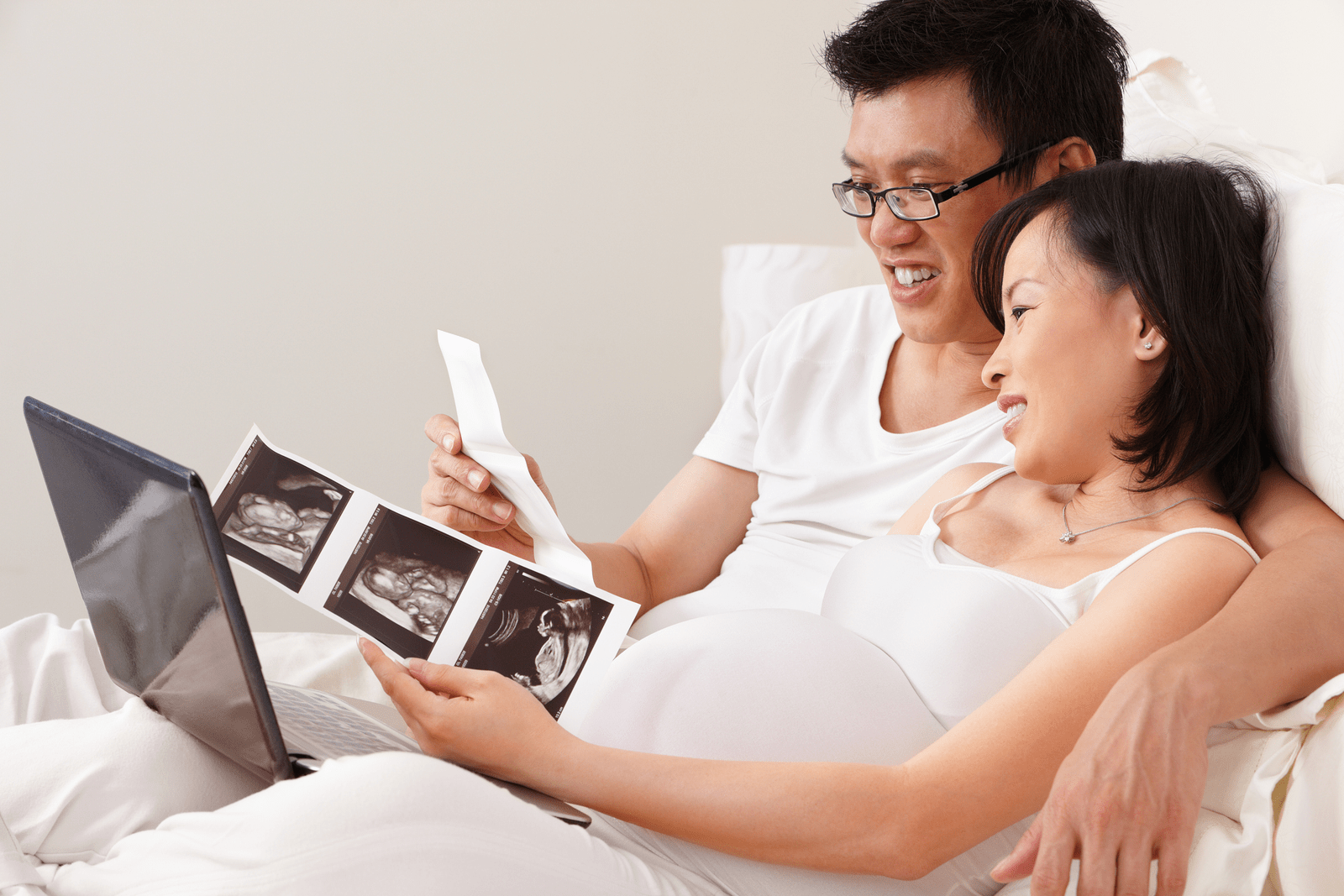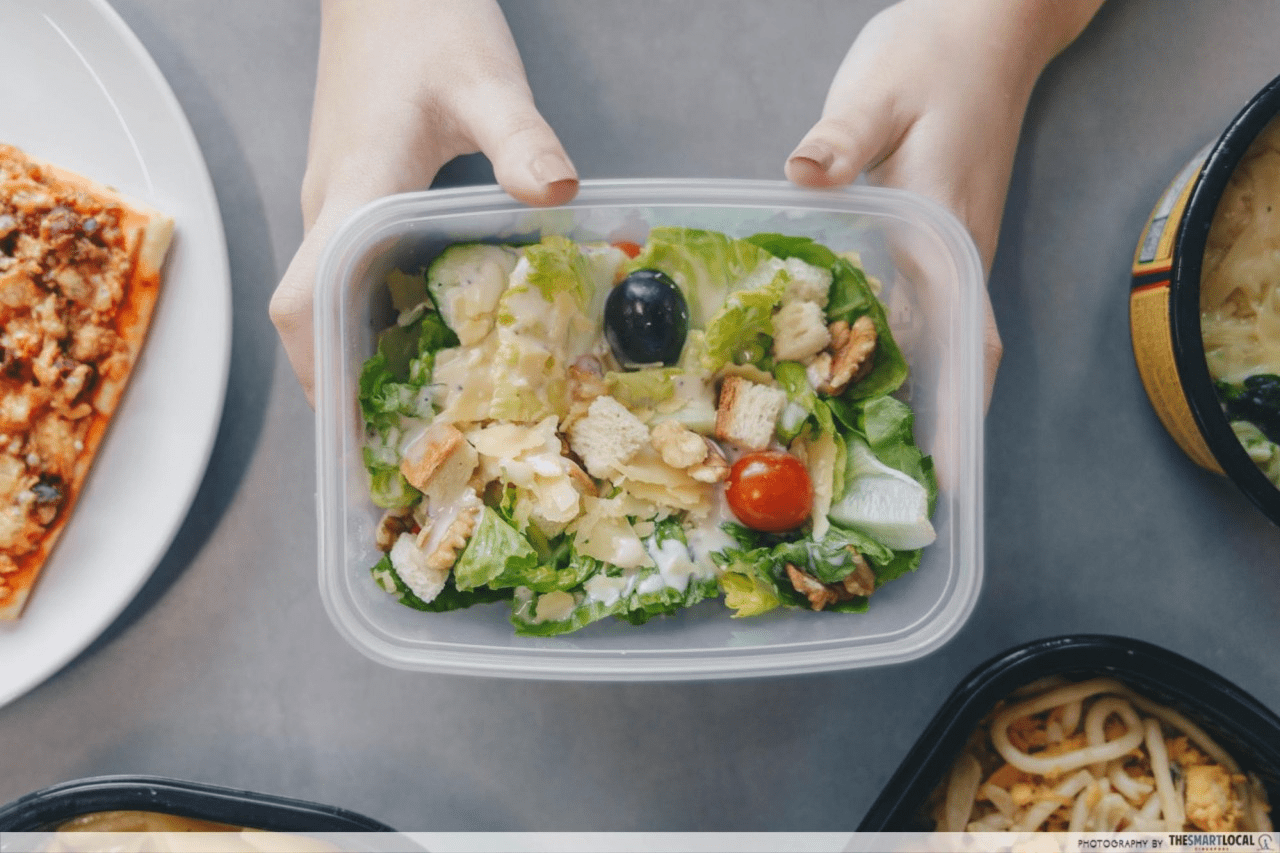Fertility questions & myths
Deciding to have a child is a life-altering commitment that brings about boundless joy and wonder. But it also brings about endless questions and uncertainty, which are so high-stakes that you can’t possibly trust the word of Doctor Google or old wives’ tales to guide you in the process. That’s why we’ve gone straight to the experts to address some common fertility questions and myths that Singaporeans have on their minds.
We’re seeking the wisdom of traditional Chinese medicine (TCM) physicians from Great Wall TCM, a clinic focusing on fertility and women’s health. With years of experience under their belt, they’re the best candidates to field queries from “Is it really dangerous for women above 30 to conceive?” to “Is my laptop cooking my sperm?”.
Table of Contents
- Fertility questions & myths
- 1. How long should I actively try for a baby before I am classified as infertile?
- 2. Does sperm health really get affected by men placing a laptop on their lap?
- 3. Is there a period of time that women are unable to conceive if they’ve been on birth control pills long-term?
- 4. Does a woman having irregular periods mean that it will be harder for her to conceive?
- 5. Does it really become much harder to conceive once a woman hits 30 years old?
- 6. What are the risks associated with pregnancy for women above 30?
- 7. Does the father’s alcohol consumption or smoking habits affect sperm fertility, and will it affect the baby’s development?
- 8. Are there specific diet choices that are proven to be more effective in conception?
1. How long should I actively try for a baby before I am classified as infertile?
Because ovulation only happens once a month during the female menstrual cycle, you don’t really have as many chances to strike the jackpot as you’d think. But how long should you and your partner be actively trying to conceive before it’s time to call in expert help, and is it a matter of “the earlier, the better”?

Well, the World Health Organisation guidelines actually set it as 12 months of actively trying to conceive – that is, engaging in regular and unprotected sexual intercourse – before you’re deemed to have given it a fair shot and can then seek help. Note that this figure is for women under the age of 35. Because egg quality drops significantly after women hit 35 years old, the waiting time drops to just 6 months of trying for ladies of that age and above who are trying to conceive.
While this rough gauge applies to women in general, those with irregular menstrual cycles, Polycystic Ovary Syndrome (PCOS), or a history of endometriosis are advised to seek early intervention to combat their existing conditions.
2. Does sperm health really get affected by men placing a laptop on their lap?
As one would put it in meme language: “If bad to put on top of lap, why called lap-top?”
Sorry to be the bearer of bad news but, ergonomic function aside, laptops are indeed bad for sperm health when dudes place it on their laps. As you know, laptops generate heat when in use – especially if you’re running intensive software like a particularly complicated Excel spreadsheet or…ahem, trying to play The Sims.

Image credit: The Financial Express
Prolonged exposure to high temperatures leads to adverse sperm production effects. And if you wanna get real technical with it, the National Institutes of Health (NIH) actually conducted studies on this which showed that laptops can heat the area around your scrotum to 38°C, dangerously peaking past the ideal temperature of 35°C for sperm production. The NIC study showed that just a 1°C spike in temperature is enough to slash sperm count by 40% – gasp.
3. Is there a period of time that women are unable to conceive if they’ve been on birth control pills long-term?
The good news is, birth control pills don’t permanently alter a woman’s ability to conceive. In fact, the National Library of Medicine’s statistics show that over 80% of women who were on birth control pills long-term were able to conceive within a year of stopping their prescription! The process in which women’s fertility bounces back post-birth control pills is called “fertility return”, and varies depending on how long they have been on the pills.
 Image credit: SciTech Daily
Image credit: SciTech Daily
If you were on the pill for up to 5 years, your body could take as little as 1 to 3 months before achieving fertility return. While your cycles may be on the irregular side, your body will resume ovulating within a couple of weeks.
For those who have been taking birth control pills for more than 5 years, expect to wait up to half a year before your body gets back in the swing of ovulation. This is because birth control pills essentially use synthetic hormones to suppress your body’s natural ovulation process. So after prolonged usage, your body will need to relearn this natural process which is necessary for conception.
4. Does a woman having irregular periods mean that it will be harder for her to conceive?
While we’re on the topic of ovulation and how it’s key to conceiving, you may have heard that ladies with irregular periods will have a tougher time having a baby. Although it may sound like an old wives’ tale, it’s actually a matter of cause and effect. With fewer periods in a calendar year, a woman will have lesser chances of ovulation and hence, limited windows in which she can conceive.

Period irregularity is usually chalked up to genetics, but there are actually a lot of lifestyle factors that play a part. For instance, oily foods and cold drinks are known in TCM teachings to harm the spleen. This in turn leads to a dip in blood circulation in the body and hence, light or irregular periods. The same can be said for high-stress lifestyles, and unhealthy habits like regularly burning the midnight oil.
With certain adjustments to your lifestyle, you might very well be able to optimise the health of your womb, regulate your periods and, from there, increase your chances at conception.
5. Does it really become much harder to conceive once a woman hits 30 years old?
In Question #1, we talked about how the egg quality dips after the age of 35. Even the big 3-0 alone seems to spell a lot of stigma for women who wish to enter the baby-making stage of their lives, so is age really a make-or-break factor for pregnancy?

Of course, it’s quite a given that youth is a plus point when it comes to trying to conceive. Women in their 20s all the way to about 32 years of age are in a prime physical state to conceive naturally. In fact, Singstat 2023 figures show 50% of Singaporean mums first give birth at the age of 31.4 or later, which shows that entering your thirties certainly does not close doors on welcoming a baby.
From ages 35 to 42, women start to experience irregular ovulation and lower levels of hormones associated with conception. And from 42 to 49 years old, women typically enter the perimenopausal stage – AKA the stage leading to menopause, which marks the end of a woman’s reproductive period. “Closing factory”, as some would call it.
In short, trying to conceive when you’re past 30 years old may require more time and treatment to nudge things along, but you’ve still got a good decade or so to work with. And with medical advancements increasingly making menopausal delays and late-age pregnancies a reality, it’s truly a never say never situation!
6. What are the risks associated with pregnancy for women above 30?
Now that we’ve established that pregnancy is indeed possible for women above 30, it’s also important to address whether there are serious risks and downsides to the mother when it comes to having a baby later in life.
Some age-driven pregnancy risks include a higher chance of gestational diabetes, high blood pressure, and chromosomal abnormalities in the foetus – such as Down syndrome. These risks are elevated for women who conceive in their 40s, coupled with increased chances for miscarriage, preterm birth, or preeclampsia.
 Image credit: Pregnancy And Baby
Image credit: Pregnancy And Baby
While the risks are definitely there, expectant mummies who are above the age of 30 can maximise their chances of a healthy pregnancy and baby by seeking proper checks and care before they even conceive, and throughout the prenatal journey. This includes comprehensive screenings to detect any abnormalities as early as possible, so that the proper treatment can be sought to manage the condition.
Modern medicine treatments can be combined with TCM for the best of both worlds. For instance, certain TCM herbs can be consumed during pre-conception preparation to improve the state of a woman’s uterine lining and ovarian health. And once you’re pregnant, TCM can help to stabilise your pregnancy, while acupuncture can help to reduce morning sickness.
7. Does the father’s alcohol consumption or smoking habits affect sperm fertility, and will it affect the baby’s development?
With all this talk of a woman’s age and condition when it comes to trying for a baby, what about the dad’s health and lifestyle? The verdict’s in: unhealthy habits such as smoking and excessive drinking do affect sperm quality and hence, the likelihood of conception. Not only that, even upon successful conception, these unsavoury habits have the power to go on and wreak havoc on the baby’s health.

Men who smoke may suffer reduced sperm count and motility because cigarettes introduce toxins such as cadmium and nicotine into the body. And if conception were to take place, the foetus is more likely to develop congenital heart defects. As for alcohol, the mum abstaining from tipple is not enough. If the father tends to drink heavily, the baby may have a higher risk of low birth weight as well as development delays.
Don’t worry, we won’t blame you if you were none the wiser. Fellas planning to make a baby should plan ahead and quit smoking and drink at least 3 months before trying to conceive. This will result in proper sperm renewal so you don’t have to worry about the above risks affecting your bundle of joy. As for boosting your sperm’s affected state, load up on nutrients like omega-3, antioxidants, and zinc – you can get these from eggs, berries, and oysters respectively.
8. Are there specific diet choices that are proven to be more effective in conception?
Speaking of foods, is there any truth in the myths that certain dietary choices can affect your chances of conception? Of course, there’s no miracle food that can guarantee a baby in you or your partner’s belly – but there are foods which are able to increase or decrease your chances of conceiving.

It’s all got to do with setting your body up either as a solid foundation for pregnancy, or boosting the quality of your sperm. Here’s a quick breakdown of the no-no’s versus go-go’s:
*Sources: Healthline, Biomed Central, Mount Alvernia Hospital
Detrimental for conception
- Instant noodles, frozen microwave meals, and sugary bubble tea are ultra-processed and high in chemicals like BPA and phthalates, which can cause hormonal imbalances and ovulation disruption.
- BPA in particular is also found in food and drink containers, and has been linked to certain cancers, heart and kidney disease, diabetes, and behavioural problems.
- Foods high in trans fat, such as deep-fried junk food and baked goods like donuts and cakes, can spike inflammation and inhibit implantation.
- A diet high in red and processed meats – for instance, beef, hot dogs, bacon, and burger patties – could lead to lower sperm count, quality, and mobility.
Beneficial for conception
- Adopt the Mediterranean Diet which is characterised by plant-forward and oil-rich foods such as fatty fish, whole grains, nuts, and seeds. Such foods boast anti-inflammatory properties.
- Salmon and eggs are high in omega-3 content, which can help boost blood flow to your reproductive organs.
- Almonds, walnuts, and hazelnuts improve sperm motility and hormonal balance. Meanwhile, brown rice, quinoa, and oats help to stabilise blood sugar – which is particularly important for women with PCOS.
Embark on your fertility & conception journey with Great Wall TCM
With “come as a couple, leave as a family” as their mantra, you know Great Wall TCM is serious about helping couples conceive their own bundle of joy. Whether you’ve freshly decided to try and start a family and would like to assess you and your partner’s fertility state, or have been facing difficulties and want to boost your chances sooner rather than later, you can look forward to tailored treatment plans here.

The Great Wall TCM team.
Image credit: Great Wall TCM
Here’s a glimpse of what to expect from Great Wall TCM’s fertility services:
Comprehensive fertility assessment: Your first consultation will be a comprehensive walkthrough of you and your partner’s medical history, plus a detailed reading of relevant lab tests.
Focus on natural conception: Before IVF is brought into the question, Great Wall TCM will create personalised treatment plans to boost your chances of natural conception. These could comprise tonic supplementation, acupuncture, and therapist-driven treatments to get the couples’ bodies in their prime state. Ladies are also guided on tracking their menstrual cycle to maximise chances.
Equal emphasis on male fertility: While the clinic focuses on women’s health, male fertility issues will be given equal spotlight so that chances of conception are maximised across the board. This includes treatments that improve sperm health and motility, as well as an overall boost in male reproductive health.
Expertise in IVF support: For couples who go down the IVF route, Great Wall TCM possesses the expertise to best enhance and complement the process. They have specific treatments which improve rates of IVF success, in ways like improving the egg quality through herbal tonics. They also help to prepare the body for IVF through treatments like acupuncture which offsets stress dealt to the body, and deep-heat therapy to reduce “cold uterus syndrome”.
Emotional and psychological support: Fertility challenges are deeply intimate in nature, so the last thing you’d want is a cold and unfeeling procedure and relationship with the medical professional you’ve entrusted this huge, vulnerable part of you and your partner’s life to. Great Wall TCM is all about caring for and connecting with their patients, fostering compassionate and supportive environments for couples.
Convenient-to-consume medication: Anyone who has experience with TCM treatments knows that Chinese herbal medication usually has potent flavours and smells that are difficult to stomach. Plus, many of them are a hassle to prepare, requiring hours of tedious boiling in specialised cookware. Great Wall TCM simplifies the prescribed meds by presenting them in the form of syrup, pills, tablets, or powders that are quick and easy to consume.

Image credit: Great Wall TCM
If these attributes have you sold, start your journey to conception today by making an appointment with Great Wall TCM. They also offer Weight Loss Programmes for ladies, which is something to consider whether you’re just trying to achieve a healthier body weight in general, or are looking to lose weight to optimise your body’s state for conception. Great Wall TCM has a promo for their Weight Loss Programme, where new customers can experience their first trial at $68 (U.P. $180).
Join the many couples who have shared their reviews and testimonials for Great Wall TCM, and embark on your fertility journey today!
Book an appointment with Great Wall TCM Premium Centre (Women & Fertility)
Great Wall TCM Premium Centre (Women & Fertility)
Address: 298 Tiong Bahru Road, #09-01 Central Plaza, Singapore 168730
Opening hours: Mon-Fri 10am-1.45pm, 4pm-7.45pm | Sat-Sun 9.30am-12.15pm, 2pm-4.45pm
Contact: 8205 1850
This post was brought to you by Great Wall TCM.
Cover image from adapted from: The Financial Express
